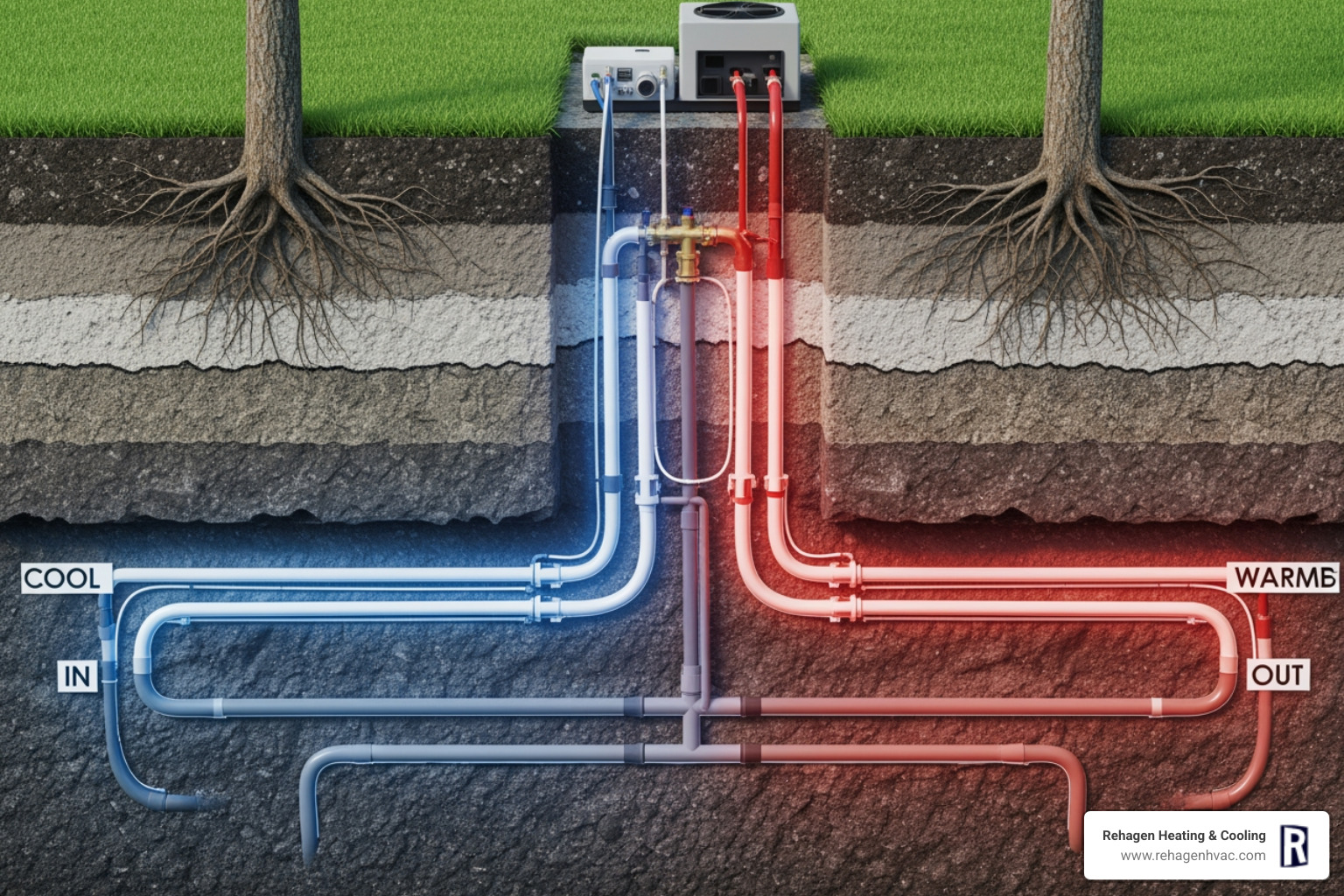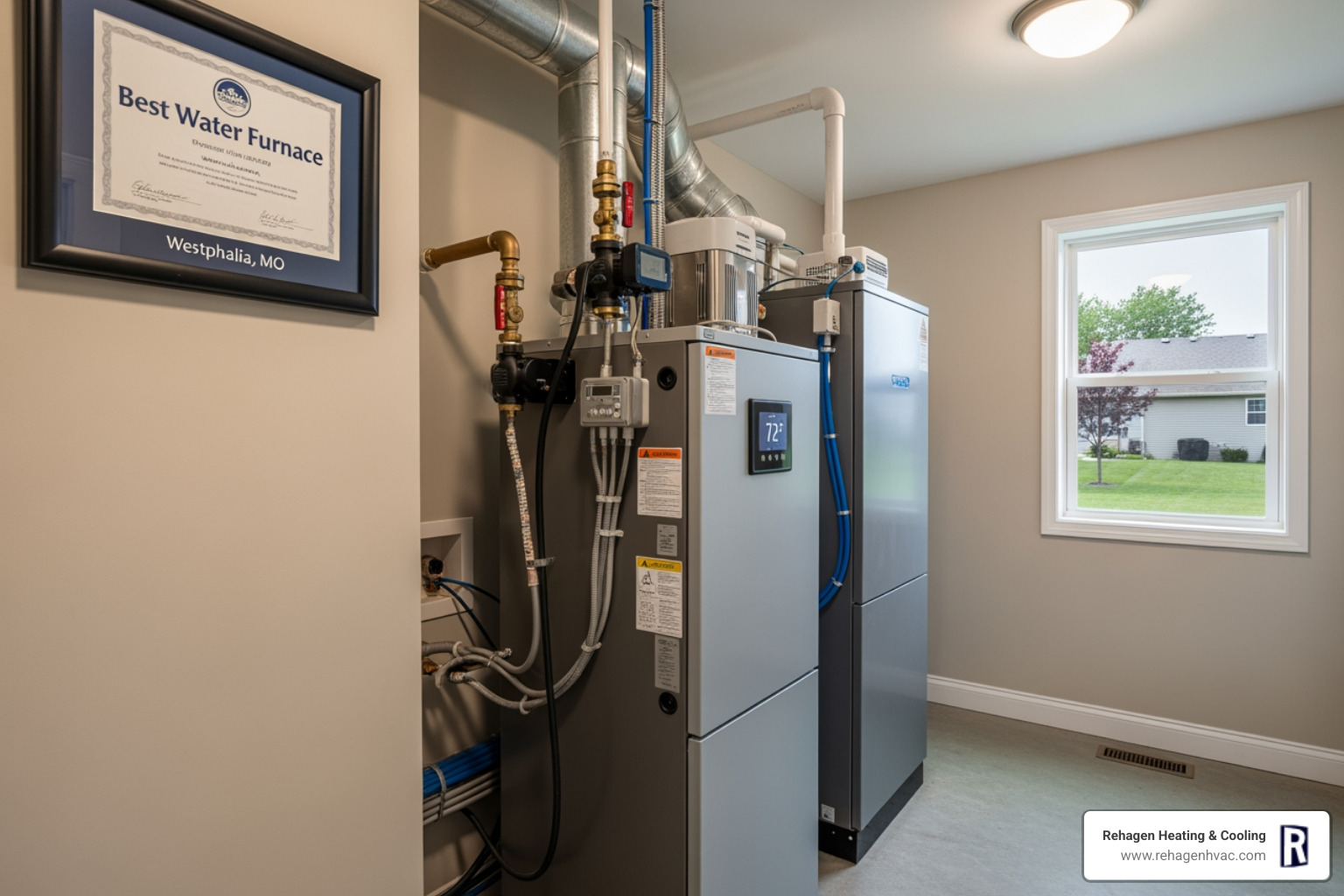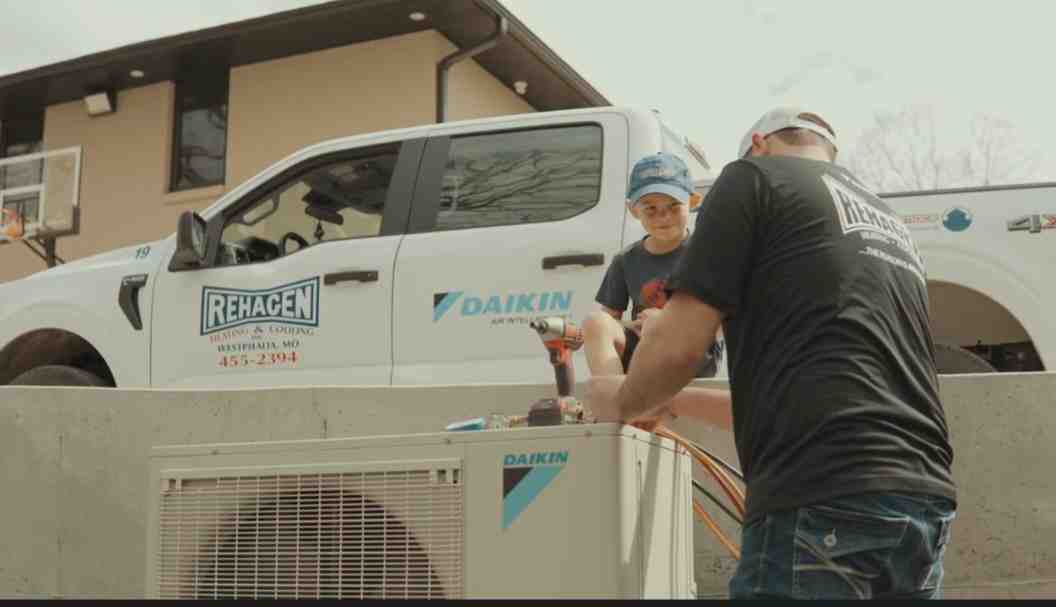


When your split AC unit in Linn begins acting up during the summer, it quickly becomes more than just an inconvenience. Electrical problems are among the most common reasons these systems stop doing their job. Whether your system will not turn on at all or it is constantly tripping the circuit, these are not just annoying—they are signs of deeper issues that can affect the performance and safety of your home cooling system.
Ignoring small electrical hiccups can lead to bigger malfunctions down the line. Something as simple as a faulty connection or a worn-out capacitor can cause your AC to run harder than it should, drive up energy bills, or wear down parts faster. If you have noticed flickering lights when the unit kicks on or hear suspicious humming noises from the indoor or outdoor unit, there is a good chance electrical trouble is to blame. Knowing what to look out for can help keep your split AC unit running smoothly and safely during Linn’s hottest months.
Common Electrical Problems In Split AC Units
Split AC systems rely on several electrical components to power both the indoor and outdoor units. When any part stops working right, your system can break down or become less efficient. While split systems are designed for dependability, they are still vulnerable to a variety of electrical problems, especially after several years of use or without regular maintenance. Identifying these issues early can help prevent more extensive damage. Some of the most common include:
- Tripped circuit breakers: This usually means your AC is drawing more power than it should. It can be due to a short circuit or a motor problem.
- Faulty capacitors: Your AC’s capacitor helps power up the motors. When it fails, you may hear clicking sounds, or your unit will not start at all.
- Loose or damaged wiring: Vibrations or age can loosen wires, which can prevent your system from starting or cause intermittent power loss.
- Burnt contacts or relays: Over time, the electrical contacts that send power to major components can burn out or get corroded.
- Blown fuses: A fuse will blow if there is too much current flowing through the unit. This is a safety mechanism but also a sign something is wrong.
Each of these problems can impact performance, reduce efficiency, or trigger system shutdowns. For example, a family in Linn mentioned how their unit kept shutting down randomly during the afternoon. After inspection, it turned out the issue was a combination of overheating capacitors and a worn contactor. Both electrical issues that, if left unchecked, could have resulted in even more expensive damage.
Recognizing these issues quickly helps avoid more serious system failures. Whether your unit is cycling on and off, has stopped cooling altogether, or is tripping your breakers regularly, it is best not to ignore them. Electrical problems rarely fix themselves and, in some cases, could pose a risk if left unresolved.
Diagnosing Electrical Problems In Your Linn Split AC Unit
Troubleshooting electrical issues in your split AC unit starts with the basics. Homeowners in Linn often first notice something is wrong when the unit suddenly loses power or does not run consistently. While there are a few signs to watch for, trying to pinpoint the exact electrical fault without training can be tricky. But knowing what those signs might mean can help you take the right next step.
Here are the most noticeable symptoms and what they tend to signal:
1. Unit will not turn on: This might be caused by a blown fuse, a tripped breaker, or a failed capacitor.
2. Clicking or buzzing noises: These sounds could mean a faulty relay, capacitor issue, or a failing motor.
3. Breaker keeps tripping: Frequent trips usually point to a short circuit or overcurrent problem.
4. Burning smell or smoke: This could indicate burnt wiring or an overheated component, which is a serious safety hazard.
5. AC cycles for only a few minutes before shutting off: Known as short cycling, this could be due to control board problems or thermostat issues.
Even though some symptoms may seem minor, they can be signs of larger electrical problems. Ignoring them might lead to complete system failure or expose your household to risk. Diagnosing problems early helps protect your investment and supports consistent, energy-efficient cooling throughout the summer.
When to Call a Professional
Electrical issues in a split AC unit can get complicated quickly. While it might be tempting to reset a breaker or jiggle a loose wire, these kinds of temporary fixes can make things worse if you are not sure what you are doing. Once unusual sounds, repeated shutdowns, or odd smells start happening, the situation is likely beyond a simple fix. AC systems involve high-voltage components, and mishandling those parts can be dangerous.
It is important to understand the limits of what homeowners can safely handle. Swapping out a filter or checking the thermostat setting is one thing. Trying to replace a capacitor or figure out why wiring is overheating is a different story. These jobs require the right tools, training, and knowledge to be done correctly. An incorrect fix can damage other parts of the unit or even create new hazards.
Our technicians are trained to manage these issues without trial and error. They know how to test components, examine connections, and inspect circuit conditions without putting anyone or anything at risk. More importantly, they can solve the root problem the first time, avoiding future breakdowns and keeping your system running reliably through the summer in Linn.
Preventive Measures to Avoid Electrical Issues
Most electrical problems in AC units do not happen suddenly. They build over time. Wires wear out, parts loosen, dirt builds up, and outdoor elements impact sensitive components. With regular maintenance, many of those problems can be caught early or prevented entirely. Homeowners in Linn should plan for consistent upkeep to avoid losing cooling when it is needed the most.
Here are smart steps to reduce the chances of electrical problems:
- Schedule annual tune-ups before the summer season kicks into full gear.
- Keep outdoor units clear of debris, overgrown plants, and anything that might interfere with airflow.
- Pay attention to early warning signs like unusual noises, odors, or sudden cycling.
- Check for exposed or frayed wiring around the unit. If you see any, do not touch. Call our professionals.
- Make sure your home’s electrical panel and breakers are updated and able to support your AC’s needs.
Even simple things like removing outdoor leaves from the base of your condenser can keep components cooler and reduce the strain on the system. But deeper inspections, like testing voltage or checking capacitors, need to be handled by someone who understands the risks and proper testing procedures. An annual inspection from our professionals helps catch issues before they result in emergency calls and uncomfortable indoor temperatures.
Restoring Reliable Cooling Performance
Getting your split AC unit in Linn back to full working condition means more than just resetting it or flipping the breaker back on. Electrical problems affect the way your system starts, runs, and shuts down. If left unresolved, these problems can cause long-term damage or total system failure. Locating and fixing electrical faults requires specific troubleshooting steps, and skipping any one of them may lead to missed issues or recurring breakdowns.
By focusing on early warning signs, staying on top of maintenance, and avoiding risky DIY fixes, homeowners give themselves the best chance at avoiding heat-filled afternoons without working AC. Having professionals involved ensures that each part, including wires, fuses, capacitors, and relays, gets inspected and tested correctly. This level of care keeps everything running smoothly through the hottest months of the year.
When your split AC keeps running into the same problems or shuts down altogether, electrical trouble should always be considered a real possibility. Acting quickly helps protect your comfort, improve efficiency, and extend the life of your system. Getting the right help at the right time puts your home back on track for worry-free cooling throughout the summer.
If your equipment is showing signs of recurring electrical issues and you want to ensure reliable cooling throughout summer in Linn, consider having your split AC unit in Linn thoroughly inspected by Rehagen Heating & Cooling, Inc. Our technicians can quickly diagnose and address problems with precision. For a quick estimate or to book a service visit, please contact us today.
Related articles
request service












